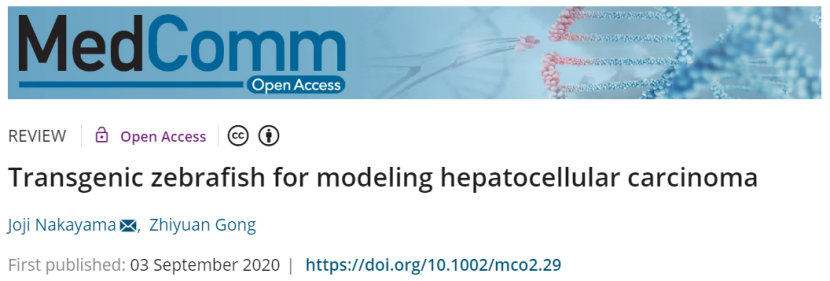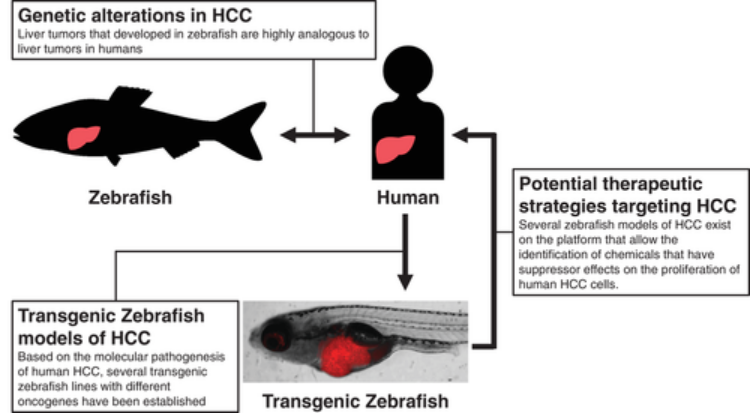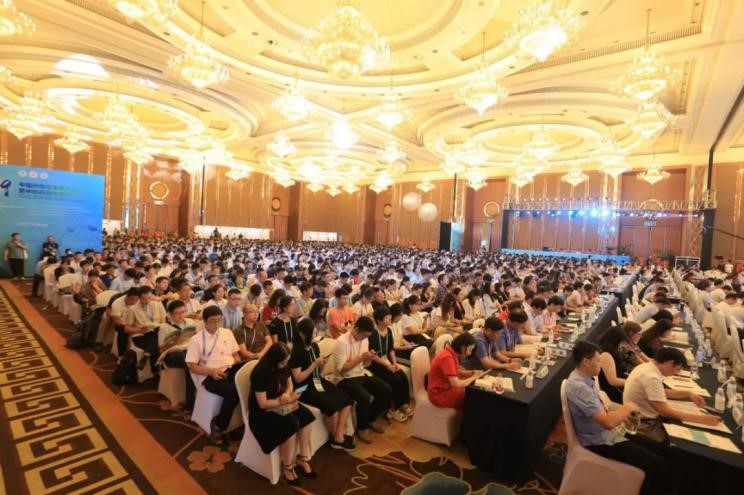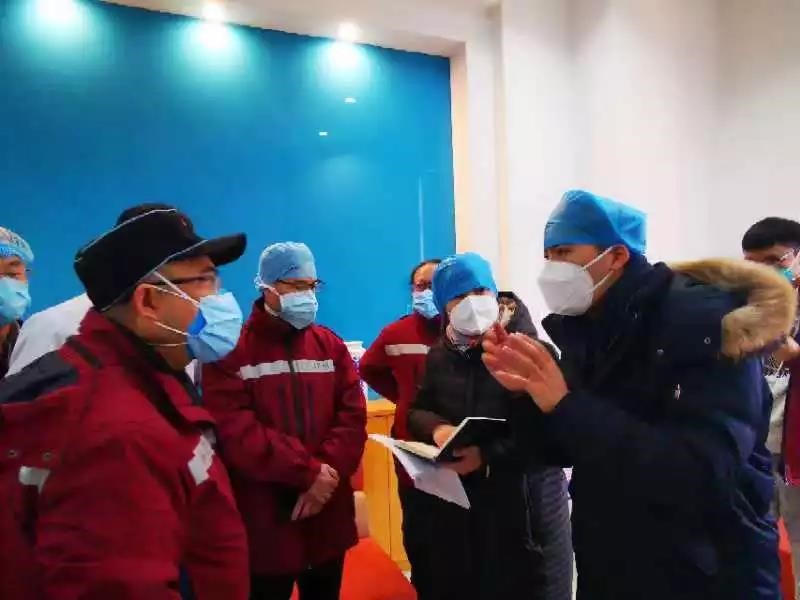Liver cancer is the third leading cause of cancer‐related deaths throughout the world, and more than 0.6 million people die from liver cancer annually. Therefore, novel therapeutic strategies to eliminate malignant cells from liver cancer patients are urgently needed. In this review, Prof. Joji Nakayama summarizes the current knowledge of epidemiological data and genetic alterations in hepatocellular carcinoma (HCC) and zebrafish models of HCC to help find potential therapeutic strategies for targeting HCC.

Recent advances in high‐throughput genomic technologies have identified de novo candidates for oncogenes and pharmacological targets. However, testing and understanding the mechanism of oncogenic transformation as well as probing the kinetics and therapeutic responses of spontaneous tumors in an intact microenvironment require in vivo examination using genetically modified animal models. The zebrafish (Danio rerio) has attracted increasing attention as a new model for studying cancer biology since the organs in the model are strikingly similar to human organs and the model can be genetically modified in a short time and at a low cost. This review summarizes the current knowledge of epidemiological data and genetic alterations in hepatocellular carcinoma (HCC), zebrafish models of HCC, and potential therapeutic strategies for targeting HCC based on knowledge from the models (Fig. 1).

Fig. 1 Transgenic Zebrafish models of HCC
Article Access: https://onlinelibrary.wiley.com/doi/10.1002/mco2.29
Website for MedComm: https://onlinelibrary.wiley.com/journal/26882663
Looking forward to your contributions.







